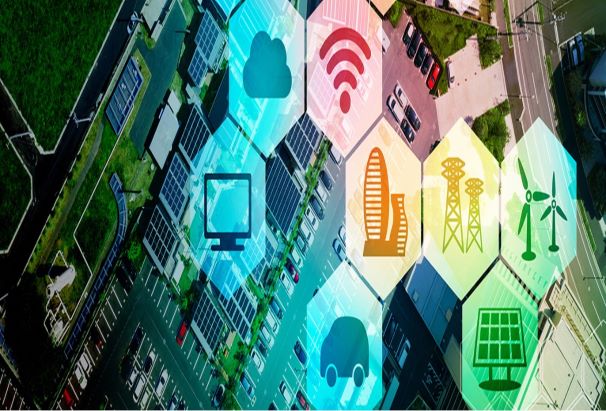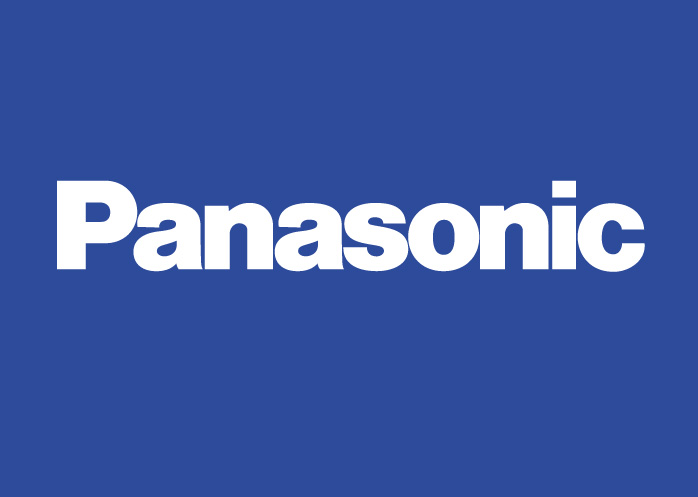

The Indian arm of Japanese consumer durables maker Panasonic looking to increase its portfolio of energy solutions has launched urban microgrids, hybrid Energy Storage Systems (ESS) with end to end solutions for the Indian market.


“These systems can support overstressed distribution transformers, energy arbitrage, peak shaving, capex deferral and self-consumption. Islanding mode effectively eases the strain of the larger grid system by allowing any sections of the grid to operate independently,” the company said in a statement.
Panasonic plans to target and cater to the ‘huge’ market demand by partnering with utility companies providing services to commercial buildings such as hospitals, hotels, malls, industrial buildings and construction industry not just in India but also South East Asia, Middle East and Africa.
During the launch, Mr. Atul Arya, Head Energy Systems Panasonic India said, “We have made significant investments for competency building in terms of development of high capacity solution range, compliance certifications and automation & data analytics. We have already deployed this product at BSES Yamuna and in Jharkhand with an aim to make energy accessible to the local communities and they have seen considerable improvements in efficiency and better management of power supply. We are in talks with similar other players to deploy our solution.”
For the Indian market, it is collaborating with BYPL, which is a utility company, to provide services in the Delhi region. Through this partnership, Panasonic aims to create energy storage capacity of 60MWH over the next three years which will help with grid stabilization, management of peak power demand but also reduce diesel consumption of 4.3 Million liters and 11 thousand tons of CO2 emissions annually.
Further, elaborating on future plans, Mr. Atul Arya added, “We have been steadily ramping up our energy business and with our strong legacy of producing cutting edge technology products and R&D capabilities, we believe, we are uniquely positioned to cater to this growing demand. We are keen on collaborating with the Government of India and various utilities on its initiatives around electrification and developing sustainable energy ecosystem.”
According to the announcement, Panasonic microgrid will consist of Li-ion batteries, hybrid bi-directional inverters, solar charge controllers, EMS and other supporting equipment. Solar system is DC coupled and along with battery system will make the critical backup for the auxiliary load wherein solar system would primarily be used for charging the batteries or directly feeding the load.
Also, Consumers will become “Prosumer” by directly integrating solar energy into their system, reduce dependency on costly diesel generators, maintenance-free operation, leading to a significant reduction in the energy bill. This eventually will provide support to utility companies for grid and congestion management.
In a significant move toward advancing green energy and industrial growth in the state, Himachal…
Golabl chemical conglomerate BASF has announced that its now offering the world’s first biomass-balanced polyethersulfone…
In a crucial stint to bolster the biogas sector and sustainable dairying in the country,…
TotalEnergies SE has received approval to proceed with its Middlebrook solar and battery project in…
Andhra Pradesh Chief Minister Chandrababu Naidu has inaugurated the Rs 1,000-crore green hydrogen plant of…
The BITS Pilani has developed an innovative solution for managing landfill leachate, domestic septage, and…